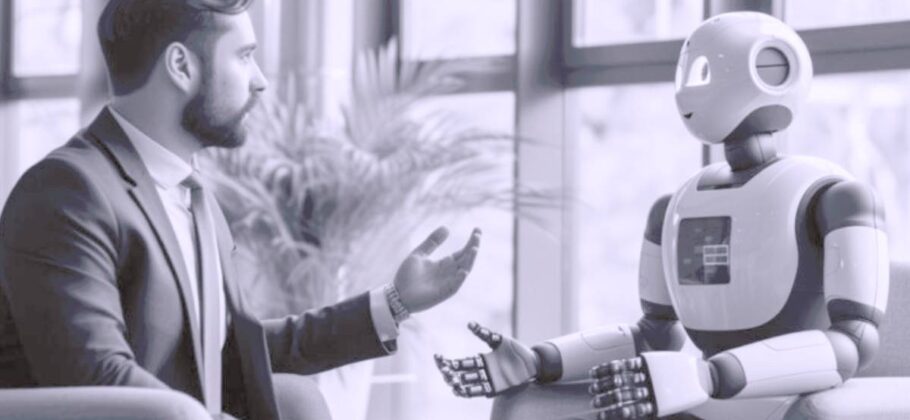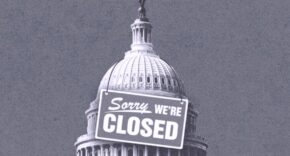Artificial intelligence has reshaped the hiring process, but not always for the better. While companies once embraced AI to save time and reduce bias, the technology has now created a growing list of problems that frustrate both employers and job seekers. From fake candidates gaming the system to companies replacing human interviewers with cold, robotic AI agents, the interview process is becoming a technological arms race—and many say it’s hurting fairness, trust, and organizational culture.
The Shift Back to In-Person Interviews
Firms like Google, Cisco, and McKinsey are reversing years of virtual-first hiring. After finding that candidates were using AI to cheat—feeding real-time answers into off-camera tools or even sending impostors to interviews—employers are adding in-person rounds to verify skills and identity.
Google CEO Sundar Pichai explained the change simply: “We’ll introduce at least one round of in-person interviews… just to make sure the fundamentals are there.” Cisco’s Kelly Jones says that in some cases, suspected fraud vanishes when in-person meetings are announced: “It’s happened where people just go quiet after that.”
How Job Applicants Are Using AI to Cheat
Candidates are turning to AI for everything from crafting tailored applications to scripting interview answers. In one case, a software engineering applicant performed well until asked questions outside their prepared AI-generated responses – then froze entirely. AI also enables deepfake scams, with the FBI warning of foreign operatives using fake identities to land remote jobs.
How Employers Are Misusing AI in Interviews
For job seekers, the problem isn’t just cheating peers—it’s the employers themselves. Many companies now use AI bots as first-round interviewers. Some applicants log in expecting a human only to be greeted by a lifeless avatar or disembodied voice. These AI agents can’t answer detailed questions, can’t build rapport, and leave candidates questioning the company’s values. Some, like seasoned editor Debra Borchardt, simply exit the call after a few minutes, deciding they don’t want to work for a company that won’t spare a human for the interview.
The Biggest Problems With AI in Job Interviews
1. AI-Created Candidates
AI allows individuals to apply to hundreds of jobs in minutes with custom-tailored résumés and cover letters. In some cases, these applications are generated by bots that mimic real job seekers, wasting employer resources and pushing genuine candidates to the back of the queue.
2. Deepfake Impersonation
Advanced AI tools can generate convincing video and audio of a supposed applicant. This has been used not only to fake qualifications but also to infiltrate companies for fraud or data theft, as seen in FBI cases involving North Korean operatives.
3. Live AI-Assisted Cheating
Candidates have been caught using AI tools during technical interviews to produce answers on the fly. This erodes trust and forces companies to adopt stricter measures, often punishing honest applicants along with the cheaters.
4. Cold, Impersonal AI Interviews
Interviewing with an AI agent removes human connection, making the process feel transactional and unwelcoming. Candidates often leave these interviews feeling undervalued and questioning the company’s culture.
5. Algorithmic Bias and Unfairness
AI interview systems can carry built-in biases, penalizing candidates based on speech patterns, facial expressions, or cultural differences. Errors in these systems can lead to qualified candidates being unfairly rejected.
6. Reduced Organizational Attractiveness
The use of AI as the face of the hiring process can signal to candidates that the company values efficiency over human interaction. This can drive away talent—especially in industries where relationship-building is central.
7. Industry Mismatch
While high-tech industries may attract candidates who appreciate AI-driven processes, low-tech fields often alienate applicants by using them, reducing fairness perceptions and deterring strong candidates.
Many job seekers call AI interviews “dehumanizing” and “a red flag for bad company culture.” Some refuse to participate at all, even if it costs them a potential job. On the employer side, hiring managers see AI as a necessity for handling massive applicant pools, especially for entry-level roles. However, even AI proponents admit it can’t measure cultural fit or replicate human judgment.
AI isn’t going away, but its role will likely shift. Experts predict more hybrid models, where AI handles initial screening but humans take over for higher-value interactions. Deepfake detection and biometric verification will become standard. Regulators may also step in to govern AI’s use in hiring, especially around bias and transparency.
For now, the battle between AI-driven efficiency and the human touch continues—and the companies that get the balance wrong risk alienating the very talent they’re trying to attract.
FAM Editor: Corporations have been trying to find ways to weed out bad resumes forever, the initial looks on resumes has always been by low level people who understand neither the job nor the human being. AI will get certain people past this hurdle, other AI will help corporations counter this. The competitiveness will continue, but AI will continue to dehumanize the process.











